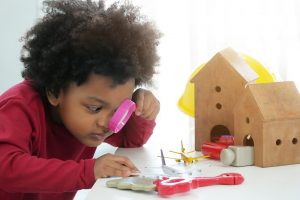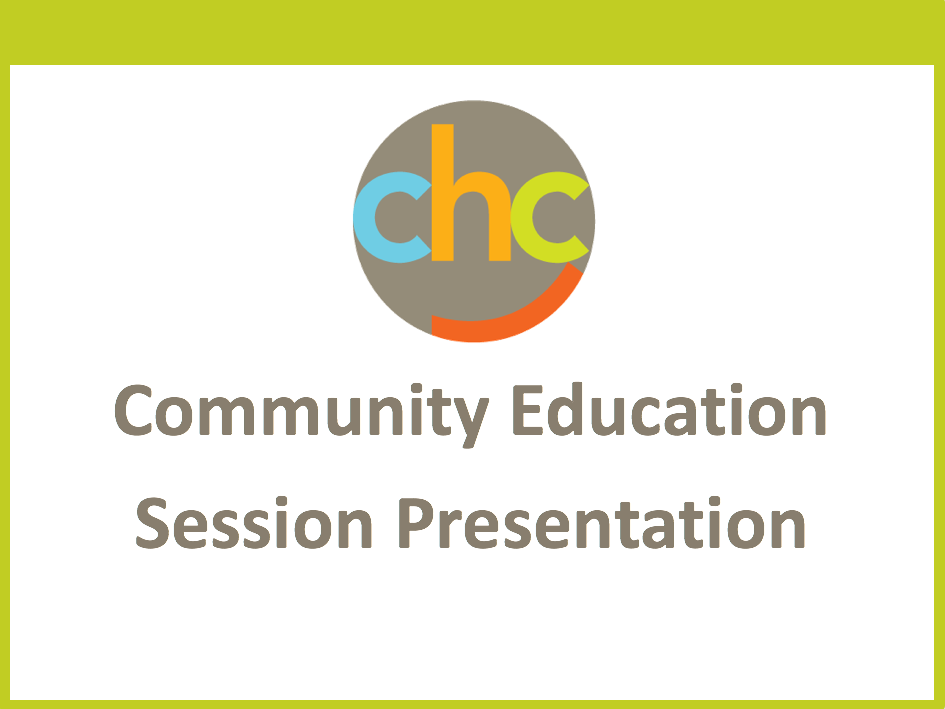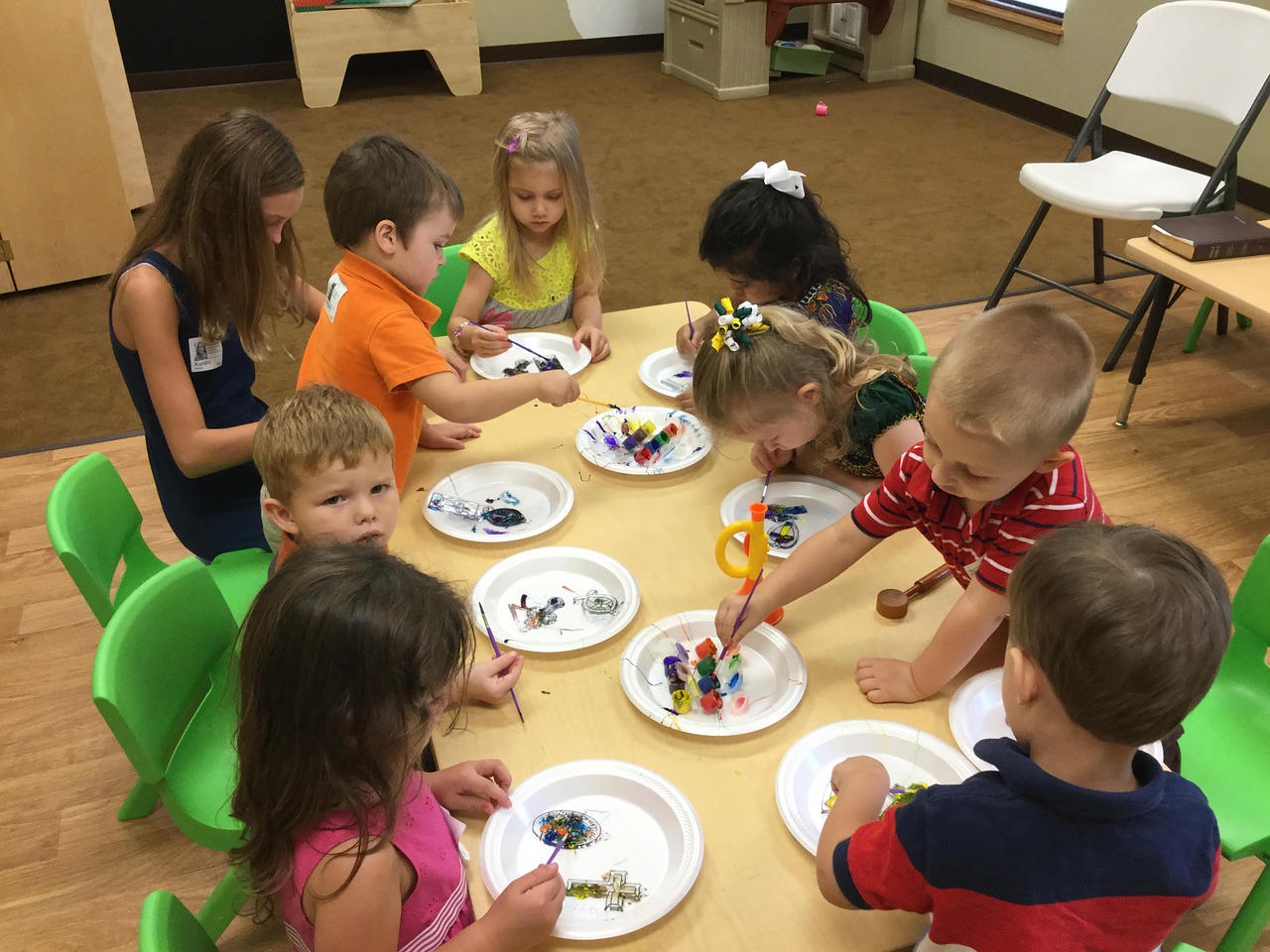Play-Based Learning vs. Academics in Preschool
 As pressure to raise scores on standardized tests has trickled down to the lower grades, kindergarten and even pre-kindergarten classrooms have focused more on academic skills. But debating whether a kindergarten or preschool classroom should be play-based or academic is the wrong question, experts say.
As pressure to raise scores on standardized tests has trickled down to the lower grades, kindergarten and even pre-kindergarten classrooms have focused more on academic skills. But debating whether a kindergarten or preschool classroom should be play-based or academic is the wrong question, experts say.
“We need to get beyond this notion that young children are either playing or learning, because the truth is that they learn best through the process of playing,” says Suzanne Bouffard, a developmental psychologist and author of “The Most Important Year: Pre-Kindergarten and the Future of Our Children.”
“Young children are naturally curious, and play really builds on that natural curiosity and helps them to explore the world around them and build their knowledge and build their skills.”
For some administrators, parents and teachers, academics still looks like direct instruction in letters and numbers, and play looks like something “extra.”
At the other end of the spectrum, some parents get anxious about any mention of academics because they associate that with “kids sitting at desks doing worksheets,” says Deborah Stipek, a professor emerita and former dean of the Stanford Graduate School of Education.
But experts say the best preschool programs take a “playful learning” approach, teaching early academic and social-emotional skills together through play and exploration.
Beyond Surface Learning
“If you look at the preschool learning standards in most states, they focus on what you might call fairly superficial skills, like, ‘can count to 20, knows at least 10 letters of the alphabet,'” says Stipek.
When schools focus only on those basic skills in isolation, kids can miss out on developing the deeper cognitive concepts and skills they need to succeed.
“If you look at math, for example, I know kids who can count to 20, but if they have two cookies and you give them another one and you say how many do you have, they don’t know what I’m talking about,” Stipek says. “They have learned the rote counting, but they don’t have a basic concept of number.”
Dale Farran, an early childhood education researcher and a professor emerita at Vanderbilt University, says that in many classrooms she’s observed that focus on teaching basic academic skills, “kids are not being encouraged to think and problem-solve and to be curious and to trust themselves to figure things out. Those are the kinds of skills that are going to be lasting and predictive of school success.”
The Problem With ‘Academic’ Preschool
Farran notes that the expansion of public pre-k programs over the past few decades was meant in part to help children from low-income families catch up to kids from higher-income families, who tend to begin kindergarten knowing more letters, letter sounds and numbers.
“What we misunderstood was that the reason that children from higher-income families knew these skills was not that their parents had sat them down in a group and drilled them,” she says. “They learned them through interactions with adults who were interested in them. Who would point out letters and numbers in the context of other things they were doing.”
What Play-Based Preschool Looks Like
A recent meta-study found that guided play – in which teachers set up play activities with a learning goal in mind and guide children while they explore it – was more effective than direct instruction at teaching young children (ages 3-8) basic math skills and some executive function skills like task switching.
And there’s a wealth of evidence that play – both free play and guided play – helps children develop the cognitive and social-emotional skills crucial to long-term school success.
Excerpted from “Play-Based Learning vs. Academics in Preschool” in U.S. News & World Report. For more details, read the full article online.







